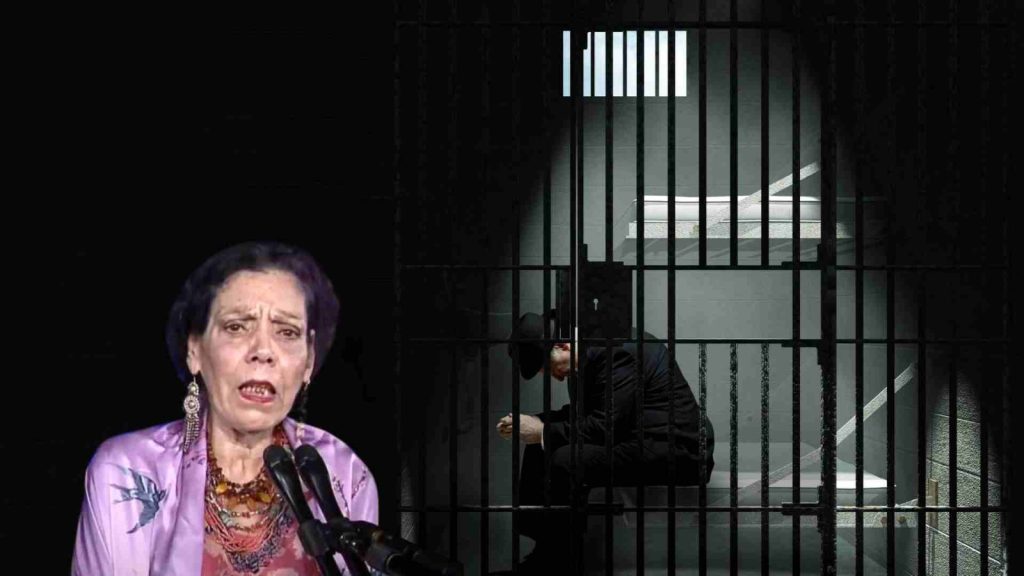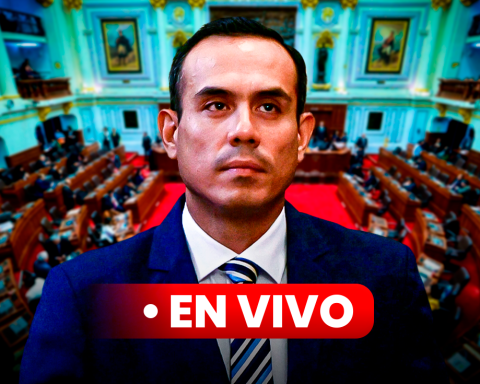The measure would be contrary to the Constitution recently reformed by the majority of Morena and its allies, and even the leader of the Morena deputies, Ricardo Monreal, distanced himself from it.
“The original project in which I participated was good because the evaluation committees had autonomy, independence, or have autonomy and independence to select the candidates,” he said, recognizing that the preliminary project was modified in the ruling and that autonomy was subtracted in the definition of applications.
Given the risk that the secondary reform will be controversial and declared unconstitutional, Monreal, deputy Alfonso Ramírez Cuéllar and three other deputies formed a commission to correct the ruling, in agreement with senators, so that the plenary session of that Chamber considers them during its vote, this Thursday.
The evaluation committees will have “full autonomy, the results and definitions that they make will not be subject to veto and they will act with great neatness, (…) we are not going to give absolutely any pretext for challenge, we are not going to give that pleasure to anyone” Ramirez said.
On Tuesday night, in joint commissions of Government and Legislative Studies of the Senate, the majority of Morena and its allies approved the opinions that reform the Legipe and the Law of the System of Means of Challenge in Electoral Matters, in both cases to regulate the process of electing judges, ministers and magistrates.
Via reservations to the opinion that were expressly endorsed, and at the proposal of the Morenoist senators Manuel Huerta Ladrón de Guevara, Miguel Pavel Jarero and Olga Patricia Sosa, the constitutional procedure was altered in at least two ways.
In the first case, to modify the way of selecting candidates and introduce the new power to the Legislative, Executive and Judicial powers, to filter which candidates go to a round of purification, via insaculation (raffle).
In addition, the two Chambers were given the power to “agree on joint nominations of candidates.”
The wording of the addition to article 500 of the Legipe incorporated that attribution, which in fact could be a “veto power,” according to the senator of National Action (PAN), Ricardo Anaya Cortés.
“The Powers of the Union will first determine their total or partial compliance with the lists referred to in the previous paragraph; In the event that the entire list is rejected, the Committees must present a new list,” it was added through the reservation, a modification that according to Monreal was not originally there.
According to the PAN member Anaya Cortés, the consequence of this addition will be that Morena, through its majority in the Chamber of Deputies, in the Senate, and via the Presidency of the Republic held by the Morena member Claudia Sheinbaum, will decide who will compete in the election and, therefore, who will be the judges, magistrates and ministers of the SCJN.

















